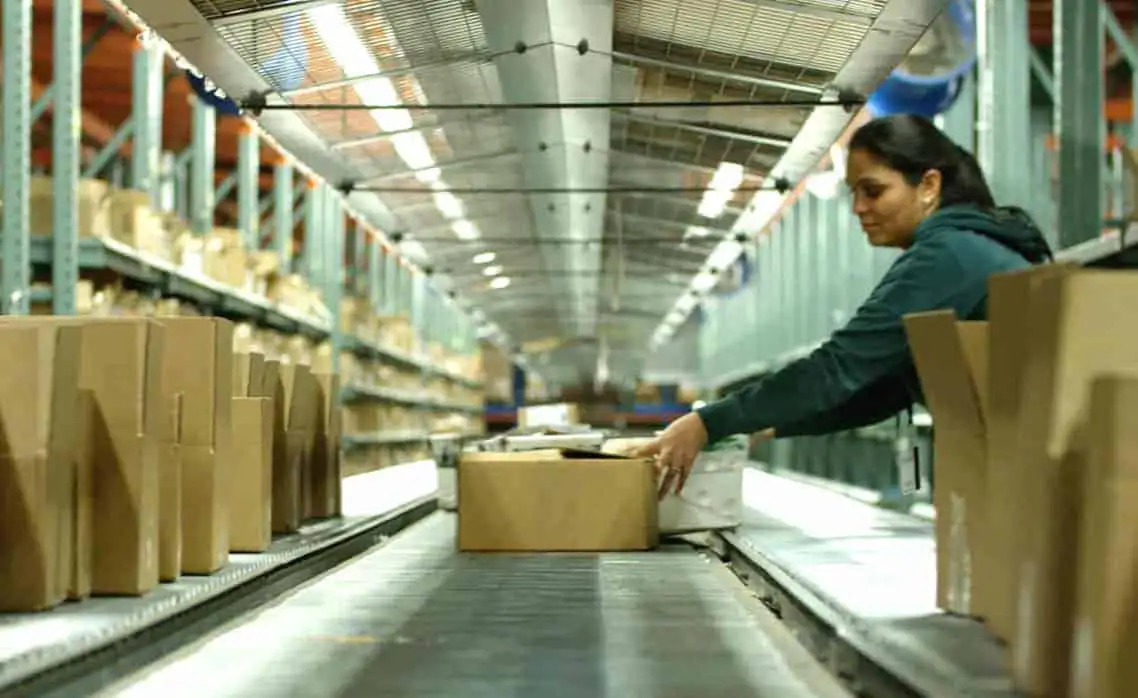The Summer of Supply Chain Labor Unrest?
Aug. 16, 2023
Max Garland
Supply Chain Dive
A wave of labor disputes in supply chains, driven by workers seeking better pay and job security due to their pandemic contributions and inflationary pressures. This “Hot Labor Summer” has disrupted operations at ports, led to bankruptcy filings, and prompted shippers to diversify carriers and invest in technology to mitigate supply chain disruptions.
One common theme among these conflicts is that workers are demanding higher pay, better benefits, and increased job protections, citing their contributions during the COVID-19 pandemic and the current inflationary pressures. This wave of labor actions has been referred to as a “Hot Labor Summer,” with various industries, including TV and film writers, hotel and hospitality workers, and auto workers, seeking improved working conditions.
The timing of these labor negotiations is favorable for unions due to a strong labor market, low unemployment, and economic growth. Established union workforces are securing new contracts, while other employee groups in the transportation sector are organizing, such as DHL Express workers and Amazon delivery contractors.
Additionally, these labor disputes can disrupt supply chains, leading to terminal operations’ limitations at ports and even bankruptcy filings by companies facing strike threats. To mitigate such disruptions, shippers are diversifying their carrier mix, investing in technology like digital twins, and maintaining safety stock to ensure continuity in their supply chains.
Conclusion: “Hot Labor Summer” is characterized by an upsurge in labor unrest within supply chains, with workers demanding better compensation and job security. The timing favors unions, leading to negotiations and disruptions that impact supply chains, prompting shippers to adopt contingency plans to mitigate these challenges.
We asked Legacy’s VP of Transportation, Russ Romine, to offer some insight.

“Many of these frontline workers bore the brunt of contributions during the COVID-19 pandemic. Alongside the current inflationary pressures and low unemployment, union workforces are securing new contracts, while other employee groups in the transportation sector are seeing the benefits of organizing, as with the recent UPS & Teamsters negotiations, which could be finalized later today.”
More details can be found at Supply Chain Dive’s ‘Deep Dive’ here.
-
Legacy Achieves Platinum Status for Delivery Excellence From Amazon
When it comes to supply chain performance, the margin for error is razor thin. Customers expect orders to arrive quickly, accurately, and...
+ Read more -
IPS Corporation selects Legacy as 3PL Partner to drive Supply Chain Transformation
FRANKLIN, IN | September 10th, 2025 – Legacy SCS announced that it has been selected by IPS Corporation, a global leader in Water...
+ Read more -
How GForce Transformed Its Supply Chain Into a Powerful Growth Engine
When GForce Arms launched in 2020, the mission was simple but ambitious: deliver affordable, reliable firearms with the speed and...
+ Read more




